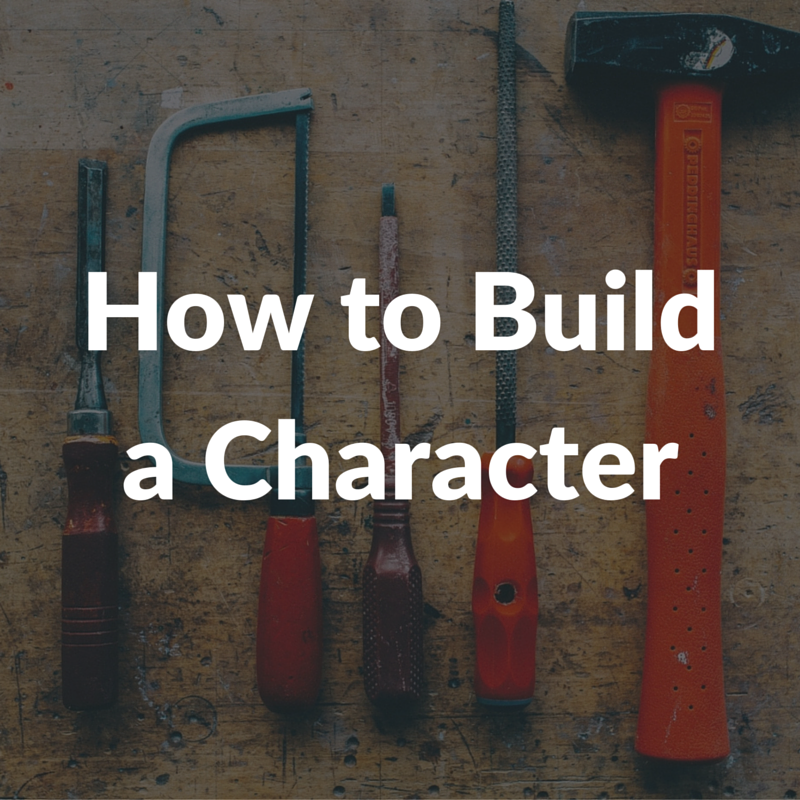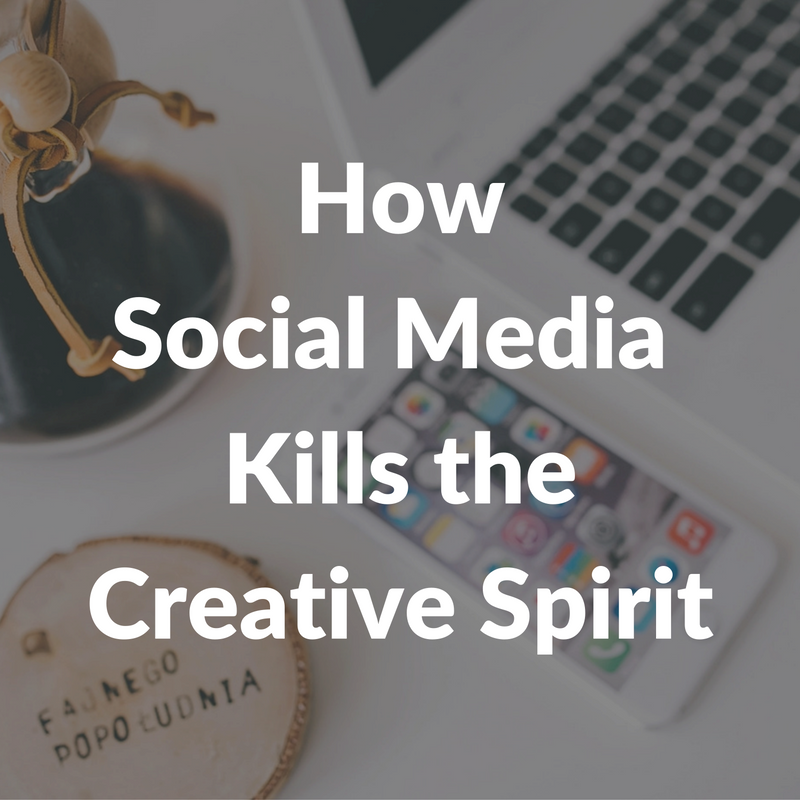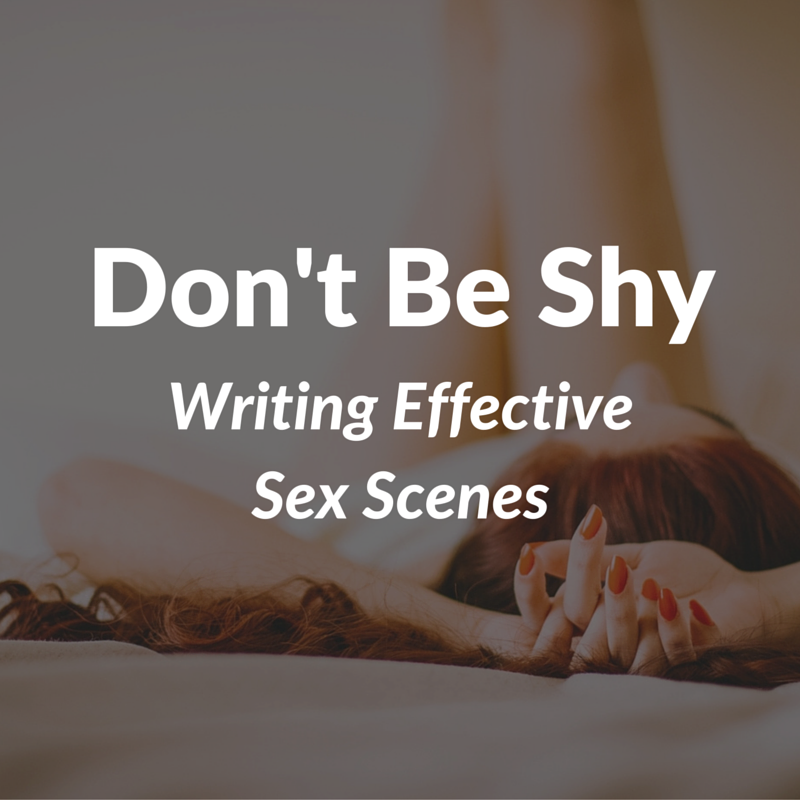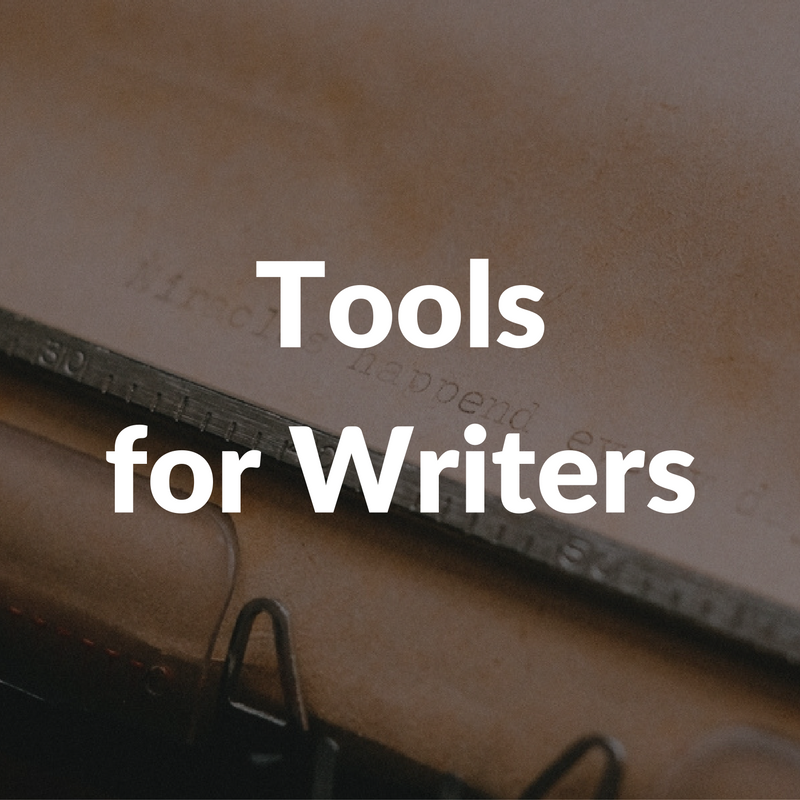I want to talk to you today about the creative journey.
Honestly, if there’s only one concept you take away from this talk, one little thing that makes a difference to your writing, your life, your world, it’s this:
Reckless Abandon.
We’re all here because we love books. And by love, I mean loooove. They’re our drug of choice. We live for them. We would do anything for a good story, transportation to a different time, for a sexy hero to sweep us off our feet, to find true love, to stop a madman, to revel in a villain.
We read them, we write them, we obsess about them.
Story is in our blood.
It used to be that story was enough. Writers would pen a story, publishers would publish it. It’s all changed. We live in dangerous times. Ebooks and digital presses and Facebook and Twitter. We can’t just write a story and send it out to the world; we must promote it, and endure public reviews, and scathing criticism from people who don’t know what their biting words do to us. We can no longer stay cocooned in story.
How do we navigate this world? How do we juggle our careers and our lives? How do we roll with the challenge of hate and derision and its Janus twin, love and adoration? How do we make decisions, good decisions, when there’s a Greek chorus singing on our shoulders all day, second guessing everything we do?
Reckless Abandon.
When you sit down to write, open your work in progress and face that blank page . . . what are you thinking?
Are you calm and focused, ready to tackle the day’s work?
Are you nervous and edgy, uncertain and afraid?
Or are you cocky and confident, anxious to get the words down because they’re flying out of your head and through your fingers onto the page so fast you’re misspelling everything in your haste?
I am all three of these writers. We all are.
Every day is different. Every time you sit down to the computer, you’re a different person. You’ve changed, be it from something your husband or wife said to you at dinner the night before, or something your kid shared before you took him or her to school, or that dream you had, you know the one I mean, where Benedict Cumberbatch calls and wants to option your book, and work with Spielberg on it.
Because you change from moment to moment, you need to recognize that each day you come to the page will be different. Some days, the words flow and the story clicks, and all is right in the world. And some days, everything sucks. It’s trash. It’s the worst tripe in the history of mankind, and no one will want to read it.
And that’s okay.
Reckless abandon are the two words every writer needs to remember, whether the day is going well or badly. They should be tattooed on the inside of your arm, a place you can hide with a sleeve if you need to. Someplace just for you, so when things get rough, or you forget why you’re on this road, you can look at them and remind yourself.
You want permission to follow your heart? Need to trash that chapter you wrote yesterday? Murder your darlings? Fire your agent?
Permission granted.
There. It’s just that easy.
Reckless abandon gives you permission to do whatever you need to make your story work. If that’s taking the afternoon off to read something juicy and fun, or having lunch with your friends, or going shopping, do it. If that’s editing the previous day’s work, do it. If that’s acknowledging you need to make a huge career move so you can write what you love, do it.
Do what you need to make your world work.
And then, you return to the page the next day, refreshed and ready.
Too many of us torture ourselves into a finished manuscript. That’s crazy. We’re writers. We have the best job in the world. And that has nothing to do with being able to work in your pajamas.
OK, maybe it has a little to do with that.
In all seriousness, I see too many writers who are holding their hands in the flames, cringing and crying and hurting themselves to get their work done. There are ways to have a career in this industry that don't include self-flagellation.
When I start a manuscript, it’s hell. Though I’ve done it (eighteen) times now, each time it’s the same. I forget how to write a book. The first ten thousand words are like digging fossils from rocks. They’re clunky, and shallow, and purple, and the metaphors stink. They sound like a third grader with her mommy’s thesaurus, stringing together consonants into nonsense.
But I grit my teeth and know that if I come to the page every day, day in and day out, by some miracle, I will have a finished draft in X number of days. And once there’s a draft, and words to edit, I can do anything.
You can’t edit what doesn’t exist. I can’t tell you how many writers fall into the trap of trying to make that first draft perfect. I fall into this trap myself, all the time. Then I remind myself how much I love revising and push on.
Take the pressure off yourself. Nothing will be perfect your first time through. It might be close, but I only know of two or three writers who actually turn in their work when they type The End. The vast majority edit.
You can edit your work into brilliance. You can’t edit a blank page.
Something else I’ve been noticing lately that upsets me is the self-deprecation of our writerly selves. We need to be humble, right? We need to be likable. It’s an artist thing, partially, but it’s also a lot easier to have 1000 or 10,000 or 50,000 friends now than it ever was before.
And pride’s a sin . . .
It’s a conundrum. We want to be writers, capital W. We want to share with people that we’re writers. We want to sell a gazillion copies of our books and be lauded for our efforts. But we can’t sell ourselves, or brag about our good reviews, or tell people when we’re having a crappy writing day, without worrying about how it makes us look.
All that must go away. It’s about you, and the words. You and your story. That’s it.
We are our own worst enemies when it comes to taking ourselves seriously. We’re so good at finding ways to talk ourselves OUT of success.
The truth of the matter is this: no one will take you seriously if you don’t take yourself seriously.
Take yourself seriously, and your passion for your work will bleed through.
Reckless Abandon. It’s another term for boundless passion, isn’t it?
We talk around it, like our passion for writing is a bad thing. Or makes us a little unbalanced. But without passion, what else do we have? Passion — equals drive — equals success.
And some people don’t have it. I think the difference between the one-offs and the glory seekers and real writers is our unique brand of passion. For literature. For books and bookstores and readers. For creativity. For living on the soul-sucking edge of the pit of despair and dancing with fairies on the tips of the Himalayas — which is basically how we spend all of our days, teetering between the two. For the words, man. The words.
I’ve been on a Hemingway kick lately, and one thing you can NEVER accuse that man of is lacking passion. He lived for his words. They made his life bearable. Even through the alcohol and the women and wars and the eventual pain that chased him into the grave, the words were what made him complete, and tore him apart.
And he had a habit, a schedule. Done by twelve, drunk by three.
It might not be healthy, but it’s a schedule.
Find a schedule, and stick to it, no matter what. Schedules become habits. Habits create consistent output. And consistent output allows you to have a successful career. No one can buy your brilliant novel if you don’t sit down and write the thing.
But passion and output aren’t enough. Another habit you must cultivate is confidence. Believing in your work, and believing in yourself. Not allowing the brown noise that oozes through the Internet to leak into your delicate ears. Tune it out. Tune out the naysayers, and the shouters and the chest-beaters. Don’t let them influence you. Write for you, not for the market. Write what you’re passionate about. Do it well, and your work will find a home. Do it well, again and again, and you’ll have a career.
The next time you catch that urge to demean your writing, or your writing life, or distract yourself because you’re scared, stop.
Remember the passion that drove you to write in the first place. Embrace it. Give thanks for it. Take it out for dinner. Maybe even buy it a new pair of shoes. Never, ever, EVER, put yourself and your writing down. And persevere. This isn’t an easy path. Only the strong survive.
I was twenty when I presented my senior thesis to a room full of English majors and professors. It was the culmination of three years of creative writing: a group of twenty poems, the best I could glean from those years of work, and my first attempt at a short story. I was, like now, in a Hemingway phase. The short story, “The Lighthouse,” was a murder mystery set in England, overlaid with a gothic, penetrating fog that whisked away souls. Hands shaking, gorge rising, I stood in front of the room and tried to read without passing out — public speaking wasn’t exactly my thing.
When it was over, my peers clapped, but their applause was outstripped by the dour expressions of the faculty. They’d already read my thesis, already formed their opinions. The chair of the department pronounced the short story “too informed by B-grade detective fiction.” Yes, the voice was dark; yes, it was a clumsy first attempt at fiction. But my voice was there already. And I thought I wanted to be a writer.
So I asked my thesis advisor for a recommendation to an M.F.A. program, and she shook her head sadly and sighed. “This isn’t the path for you. Your work isn’t good enough to be published.”
Stupidly, I listened. Instead of spending the next several years writing fresh material, honing my craft, finding my voice, I believed her. And I quit writing.
I went to graduate school in Politics instead, met my future husband the first night of class, worked in the White House, the Department of Commerce, Lockheed Martin.
There was a common theme to each position. I struggled. I chafed. I was good at what I did, but I despised doing it. Time and again I found myself in meetings with superiors who asked what the problem was. I had no answers. The problem was not them. The problem was the voice in the back of my head that screamed at me all day and all night, This isn’t you. This isn’t right. This isn’t who you want to be.
It can take only one person, and one sentence, to crush the creative flame entirely. If my professor had just said, “You need more time to find your voice; keep writing, and try again in a few years,” I would have done that. If she’d given even the tiniest bit of encouragement, perhaps I would have written a drawer full of manuscripts. But I didn’t. Eight long years went by without writing.
The farcical means by which I returned to a life as a writer — adopting a stray cat, going to work for the vet who saved her life, mopping up dog urine and assisting in castrations, and then, on day three of this unique torture, herniating a disc and needing back surgery — is fit for fiction itself. During the recovery, I discovered a writer named John Sandford, and something clicked. My magnetic poles shifted, and I had one, simple, arrogant thought.
If he can do it, so can I.
Ah, hubris. My professor was right, of course. I wasn’t good enough to be published. Not then, and not when I started writing again. I dabbled for a couple of years, but in 2003 I began in earnest, deconstructing crime novels to see how the structure worked, laying down words, joining a critique group.
And I wrote a book.
Or what I thought was a book.
I made every rookie mistake in the industry: submitting a half-baked novella directly to New York editors (who rejected me), calling up local writers at home to ask advice, and being an all-around idiot. I didn’t know about writers’ organizations, or awards, or — let’s be honest here — anything.
But I learned. I joined Sisters in Crime; began to write for a group blog, Murderati; tossed the half-baked novella in the trash; and wrote a proper book. An agent saw my work online and, as fate would have it, asked to read my book just as I was crafting a query letter to him. Serendipity.
But he couldn’t sell my first book, and I was immediately plunged back into the abyss I’d spent eight years trying to crawl out of. That voice came back. You aren’t good enough. You simply are not good enough.
This negativity lurks every minute of every day for us creatives. We allow others to make judgments for us. We allow reviews and acceptances and complete strangers who hate our work, or love our work, to define us.
To be a writer, to come daily to the page, to slough off the voices of the naysayers, takes more than just a talent for stringing words together and machinating stories. It takes a determination to ignore the critics, the pettiness of your own muse, the collective voice of the chorus singing your daily demise.
It is a process of natural selection, and only the adaptive survive. It takes courage, and a wee bit of denial, and a roaring ego. We have to believe the story we’re telling is interesting enough to capture the attention of the reader. With any luck, hundreds of thousands of readers.
So, when I finished wallowing in self-pity, I got back to it. I wrote my agent a new book, and he sold it. I was 37 when ALL THE PRETTY GIRLS released. It has been published in 24 countries and 12 languages so far.
The past 13 years have been a ride, with ups and downs like every writing career. But a career it is. Right now, I’m working on my 18th novel. My first standalone came out in March 2016, and that first book, the one that didn’t sell? Came out in June 2016. (I nearly passed out when I wrote this paragraph, mind you. I don’t know how the hell that happened.)
In case you’re not familiar with my work, I write three series — one with Nashville homicide lieutenant Taylor Jackson, one with Dr. Samantha Owens, medical examiner extraordinaire, and the third, big international thrillers featuring Nicholas Drummond — a Brit in the FBI — with Catherine Coulter. And as I mentioned, now I’m delving into the standalone market with a domestic thriller called NO ONE KNOWS. I write for four publishers, one of which is my own house, Two Tales Press; do short stories for anthologies whenever I’m able; and generally drive myself batty trying to meet all my deadlines.
But I come to the page daily with hope, and with a whopping dose of humility, because I recognize how very lucky I am. I’m doing what I love. That haunting voice, the one who screamed at me for eight years, who knew I shouldn’t have given up, is gone, replaced by the purring of my muse.
I wake each day with gratitude and excitement, knowing I am, at last, doing what I was put on this earth to do. I don’t have eight years of work in a drawer, and that is a shame. But I have the future, and I refuse to let someone else decide my life for me again.
Teddy Roosevelt said,
“Far better is it to dare mighty things, to win glorious triumphs even though checkered by failures, than to rank with those poor spirits who neither enjoy nor suffer much because they live in the gray twilight that knows neither victory nor defeat.”
Perhaps a better way of saying this is my most favorite quote in all the world. Master Yoda, that great mystic, said, “Do. Or do not. There is no try.”
Do. Or do not. There is no try.
Listen, you want this to work, you have to take chances. You must give in to your impulses every once in a while, trust your gut, know your own soul. You need to ignore the fact that the drop off the cliff is mighty, and jump anyway.
Fear can inhibit your growth, not only as a writer, but as a person, as a lover and friend, as a parent.
Fear is the most dangerous part of life.
Allow me one of my earnest moments. I do my level best to make sure fear doesn’t get in my way. I would so much rather fail, put it all out there and fall flat on my face, than never try at all. Better to have loved and lost, right?
If you’re failing, or being rejected, it means you’re trying. The more you do, the more those failures will turn into successes. You have to believe in yourself, believe you’ll make it, that you’ll break through and have what you want.
One of my biggest fears was working on more than one project at a time. I was working on the first Taylor novel, and the head of my critique group kept pestering me to try writing a short story. I had a total deer-in-the-headlights reaction — I can’t.
I can’t deviate from my novel to try something else. I’ll get pulled off track. I’ll fall into the abyss and never return. I’ll never finish anything. The men will come and find me quivering in a corner, a trail of half-eaten sandwiches strewn throughout the house.
But all that is simply resistance rearing its ugly head. Of course you can work on more than one thing at a time. And if you want to be a successful author, you’ll have to master that skill. The more you output, the more money you make, the greater your reputation grows, the more you’ll have to juggle.
Is it easy?
No.
It’s a constant struggle. Writing one book, editing another, promoting a third — that’s the standard for anyone on a one-a-year schedule — is hard. Multiply that by two for two-a-years, etc. And you’ll not only be expected to write your books, but do shorts and anthologies. Add in touring and blogging and Facebooking and Tweeting and newslettering. Not to mention, for many of you, work and family. All of this takes time, and a concerted effort to stay on track.
But if you respect your muse, she will respect you.
You can do this. I promise. If you come to the page every day, she will reward you.
I want you to take a moment and envision what you want from this life. What kind of writer, what kind of person, do you want to be? What sort of career do you want? What is your dream? What is your goal? What is your perfect day?
Close your eyes. Go on, close them. Dream for a moment. Give yourself permission to embrace reckless abandon with your writing, and with your life.
Think of these things, and realize the universe wants to give you what you want. It’s out there for the taking. The glorious person you just envisioned? The one who’s content and happy, who writes every day and works hard, who learns how to prioritize and juggle and stay sane? Who has a successful career writing books you love?
That’s you.
Right now. You’re already that person, that writer.
Revel in this truth.
Like I said — there are two words every writer needs. Reckless Abandon. And it’s easy to achieve. Live for your story. Respect your writing time. Sit down every day and pound out those words. Let everything else go.
Let the universe give you what you want.
Looking for more writing tips? I've got a few.
WANT TO PICK MY BRAIN SOME MORE?
Follow my blog for writing tips, creativity enhancers, and frank discussions on the writing life.






